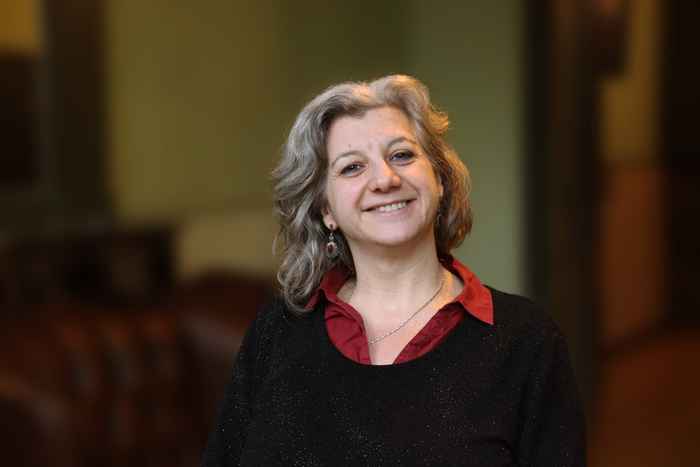Federica Russo

Research
Federica Russo is Full Professor in Philosophy and Ethics of Techno-Science. She holds the Westerdijk Chair at the Freudenthal Institute, Utrecht University, and she is Honorary Professor at University College London (Department of Science and Technology Studies). She has held research, teaching, and visiting positions at several institutions, including the University of Kent, Pittsburgh, and Louvain.
Her research concerns epistemological, methodological, and normative aspects they arise in the health and social sciences, with special attention to policy contexts and to the highly technologized character of these fields. Federica has published extensively on various themes, such as causation and causal modelling, evidence, and technology, and her latest monograph is titled Techno-Scientific Practices. An Informational Approach (RLI, 2022). Federica is currently editor-in-chief of Digital Society; in the past, she has been co-editor in chief (with Phyllis Illari) of the European Journal for Philosophy of Science and is an executive Editor of Philosophy and Technology. She is member of the Steering Committee of the European Philosophy of Science Association, and External Faculty Member at the Institute for Advanced Study at the University of Amsterdam.
At IAS, Federica has been leading activities in the ‘Foundations and Methods’ and ‘Health Complexity’ themes, contributing to the reflection on the foundations of complexity approaches in the science, for their philosophical underpinnings and for their methodological and axiological implications. Specifically, in her joint work with Naja Hulvej Rod, Morten Hulvej Rod, and Karien Stronks, she is fostering and steering a debate on the prospects of a complexity approach in the field of the health sciences and public health.